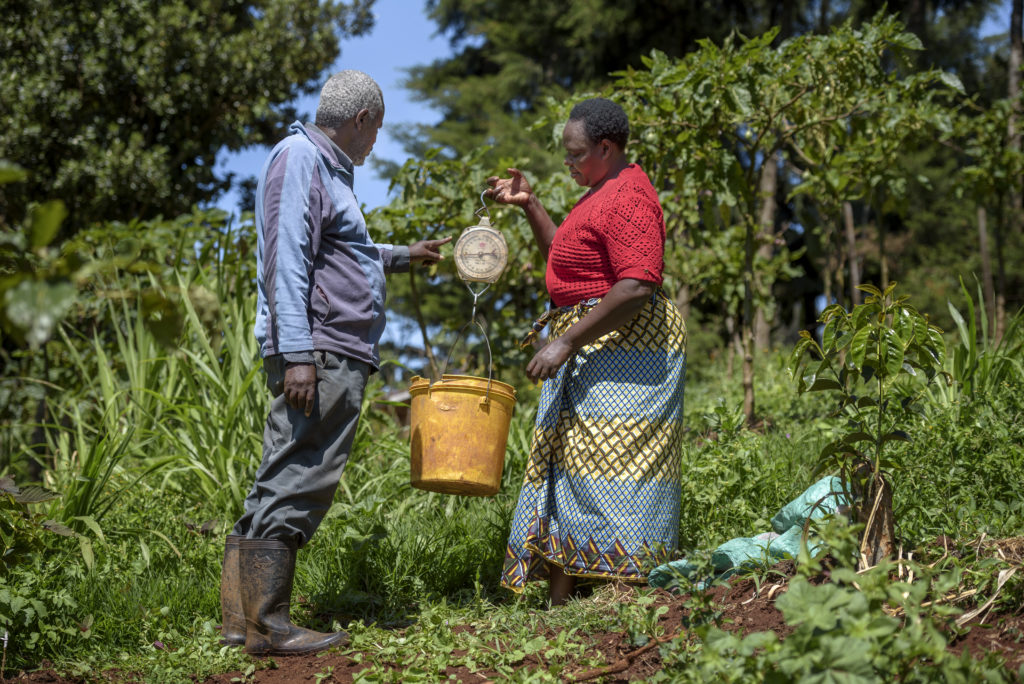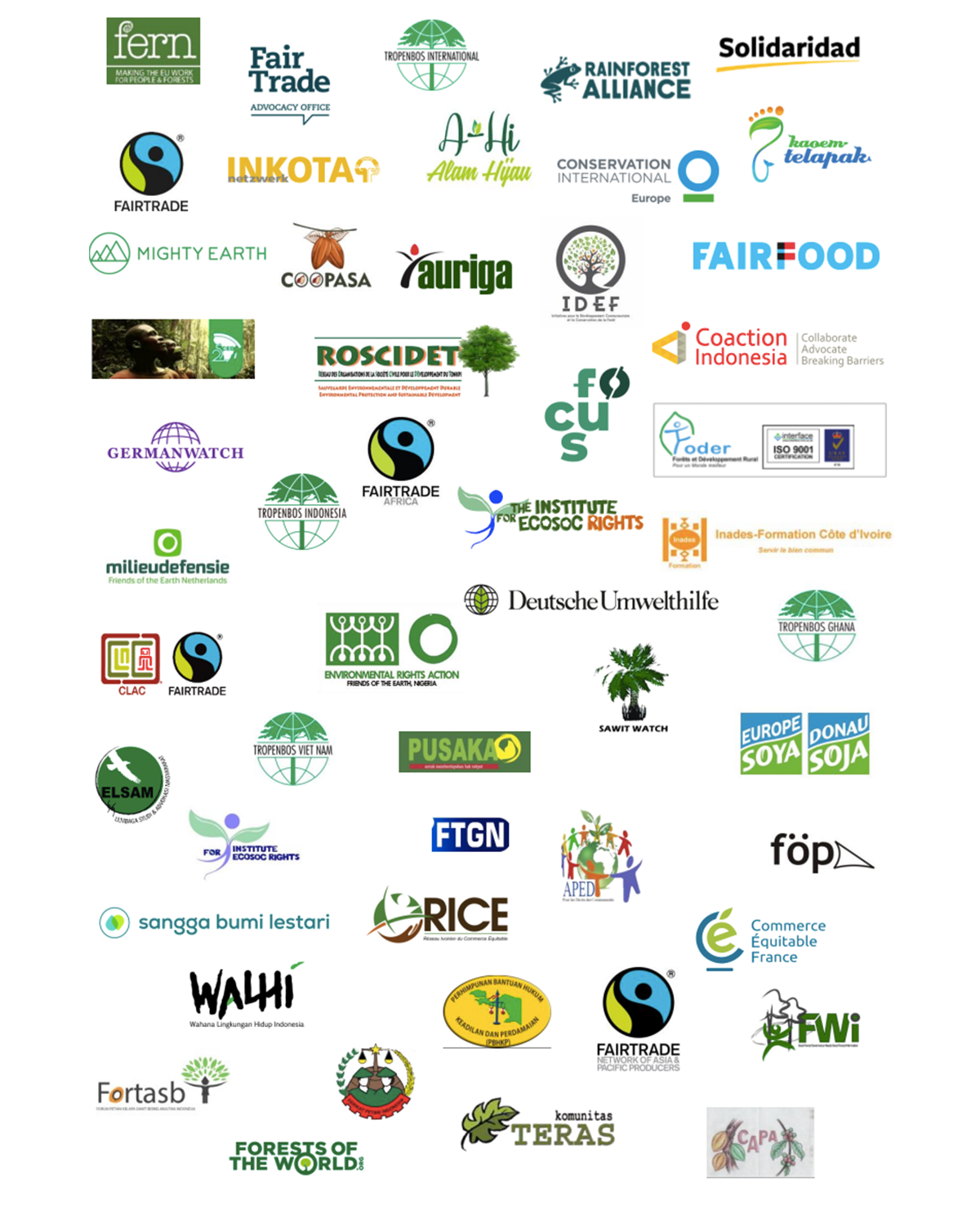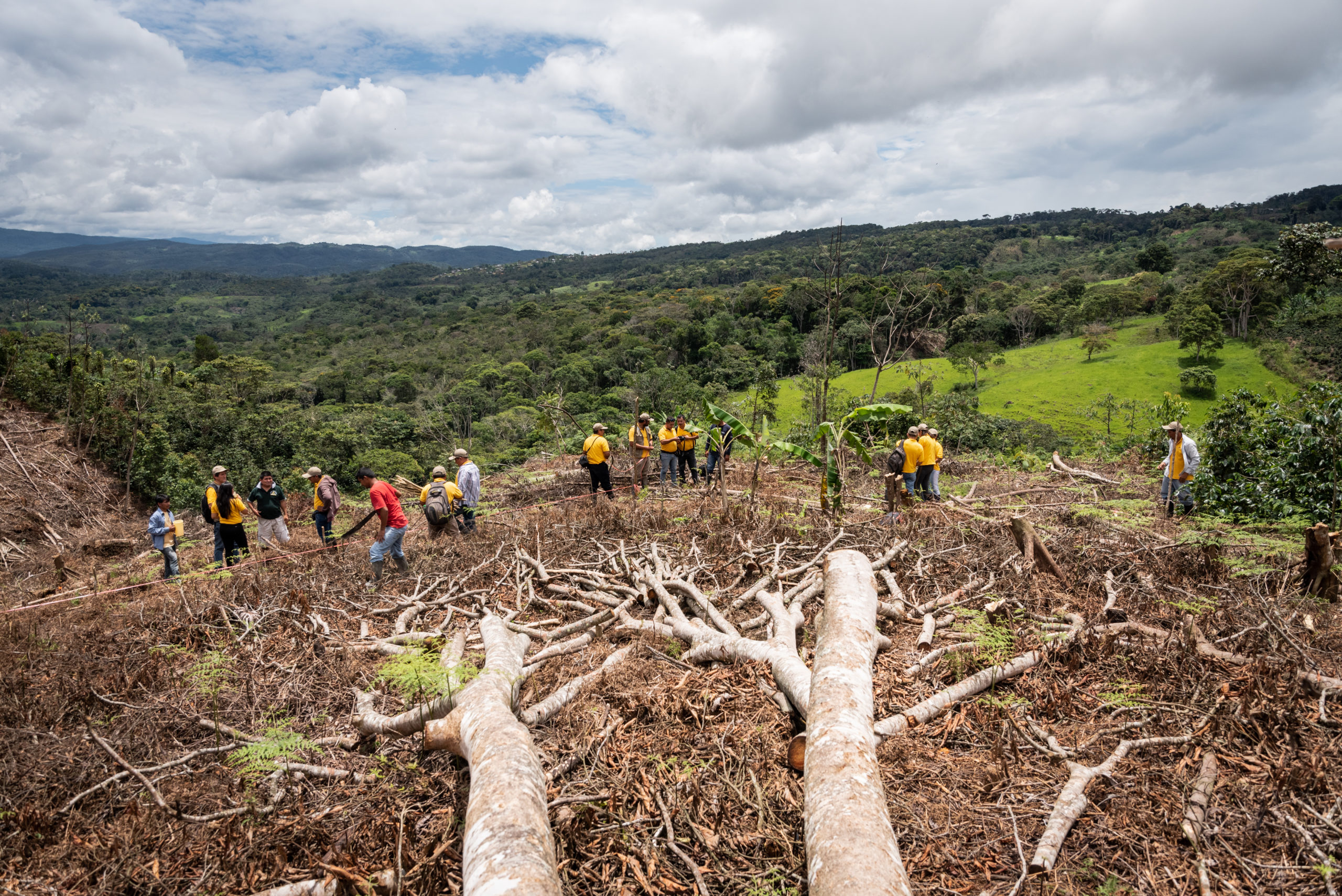
13 February 2023
Read our latest perspective on the EU’s deforestation-free products regulation
To:
Executive Vice-President Frans Timmermans,
Commissioner Virginijus Sinkevičius,
Commissioner Jutta Urpilainen
Re: It is urgent to assess the needs of smallholders and communities in the Global South to respond to the EU regulation on deforestation-free products.
We are writing to you to raise our great concern about the lack of consideration of the specific needs of smallholders and communities in the Global South to prepare for the future EU deforestation-free products regulation. We welcome the Commission’s proposal – we believe it sets a high level of ambition to tackle global deforestation and forest degradation in EU supply chains. We strongly support its swift adoption and implementation. However, we regret the absence of a thorough assessment of potential challenges smallholders and communities may face in the global South to comply with future EU market access requirements, and what must be done to respond to those challenges. This prevents the development of a robust action plan to support smallholders and enable a just transition towards sustainable and deforestation-free practices in countries whose economies are highly dependent on commodity exports to the EU. Overall, it presents a risk to the success of the proposed regulation.
This is hardly a sufficient mitigation measure considering the issue at stake and the vulnerability of smallholders within global supply chains. Eighty-four percent of the total farms worldwide are smaller than two hectares, while producing roughly 35% of the world’s food (Sarah K. Lowder et al., “Which farms feed the world and has farmland become more concentrated?”, World Development, 2021). The characteristics of smallholders (including their size) differ considerably between regions and sectors. Most of the cocoa and coffee is produced by smallholders, with an estimate of 90% of global cocoa production relying on 5-6 millions of smallholders. They also produce a substantial share of palm oil.
Smallholders form the backbone of the economy in many partner countries and loss of access to the EU market could have dire social and economic impacts on communities that are reliant on export-related incomes to meet their basic needs, and where limited options for alternative income exist. By disregarding this key variable, smallholders could be left with no other option than to further encroach into forests, so as to secure the short-term subsistence of their families by selling their products to less demanding consumer markets. On the flipside, they continue to suffer from the consequences of deforestation, which in turn accelerates the negative cycle of structural poverty and exacerbates further levels of deforestation and forest degradation.
Our concerns are enhanced by the lack of a clear, time-bound action plan to put in place partnerships and cooperation mechanisms with producing countries and to secure technical and financial support for
smallholders, which is a consequence of the absence of assessment of smallholders’ needs.
Therefore, we urge you to order a thorough assessment of the challenges smallholders may face when implementing future EU requirements, and, on this basis, propose accompanying measures to
support the implementation of the regulation, before it enters into force. Such a study should be
conducted as soon as possible, but should by no means delay the legislative process. It should serve as a baseline for future reviews and monitoring of the implementation of the regulation and accompanying measures.
In particular, such a study should address the following elements:
- Analysis of the structure and specificities of smallholder-intensive sectors, as well as local differences and characteristics of defining smallholders. Such analysis should evaluate the magnitude of indirect suppliers in concerned supply chains.
- Assessment of the costs and capacities for smallholders to comply with new EU market access
requirements. - Identification of which requirements of the EU regulation are likely to pose challenges for compliance within relevant producer countries and sectors.
- Identification of which specific smallholders/communities in relevant countries are currently at risk of not being able to comply with the EU regulation. To that end, specific attention should be given to quantify the number of smallholders who have legally deforested after the proposed cut-off date (31 December 2020).
- Identification of required support measures to respond to challenges faced by smallholders, definition of a clear, time-bound action plan and earmarking of specific financial resources to support it.
Ignoring potential challenges for smallholders and communities to comply with future EU market access requirements is neither fair nor in line with the objective of the regulation to minimise the Union’s contribution to deforestation and forest degradation worldwide. The EU, which committed to achieve the Sustainable Development Goals, has the responsibility to ensure that the most vulnerable supply chain actors are included in its effort to reduce global deforestation. A first step in this direction is to have a clear understanding of the situation of smallholders and communities in relevant countries and sectors and the challenges they may face, to be able to put in place effective tailored support measures.
Yours sincerely,
Fern
Fair Trade Advocacy Office
Tropenbos International
Solidaridad
Rainforest Alliance
Fairtrade International
Mighty Earth
Tropenbos Ghana
INKOTA-Netzwerk
Initiatives pour le développement communautaire et la conservation de la forêt (IDEF)
Conservation International Europe
Tropenbos Indonesia
Coordinadora Latinoamericana y del Caribe de Pequeños Productores y Trabajadores de Comercio
Justo (CLAC)
Yayasan Auriga Nusantara
Commerce Equitable France
Inades-Formation Côte d’Ivoire
Wahana Lingkungan Hidup Indonesia (WALHI)
Fairtrade Network of Asia & Pacific Producers (NAPP)
Tropenbos Viet Nam
Komunitas Teras
COOPASA scoops
Commerce Equitable Afrique
Forum Ökologie & Papier
Perhimpunan Bantuan Hukum Keadilan dan Perdamaian (PBHKP)
Réseau Ivoirien du Commerce Equitable (RICE)
Coaction Indonesia (Koaksi Indonesia)
CAPA COOP-CA (Coopérative Agricole des producteurs d’Assiekro)
Yayasan Pusaka Bentala Rakyat
Focus Association for Sustainable Development
Serikat Petani Indonesia
Milieudefensie
Sawit Watch
Perkumpulan Alam Hijau
Tropenbos Ghana
Yayasan Sangga Bumi Lestari (AidEnvironment Asia)
FORTASBI (Indonesian Sustainable Palm Oil Smallholders Forum)
Donau Soja Association
Fairfood
FOREST WATCH INDONESIA
The Institute for Ecosoc Rights
Deutsche Umwelthilfe (DUH)
Réseau des Organisations de la Société Civile pour le Développement du Tonkpi (ROSCIDET)
Fair Trade Ghana Network
ELSAM
Forests of the World
Forêts et Développement Rural
Environmental Rights Action (ERA) / FoE Nigeria
Germanwatch e.V.
Kaoem Telapak
Centre pour l’Environnement et le Développement
Südwind Austria


